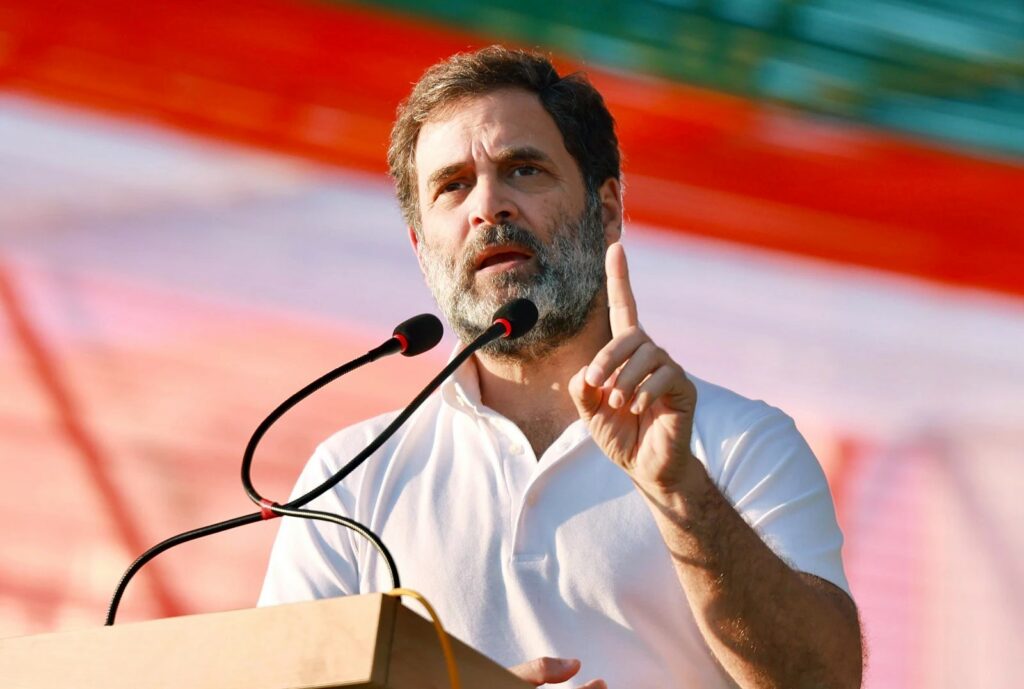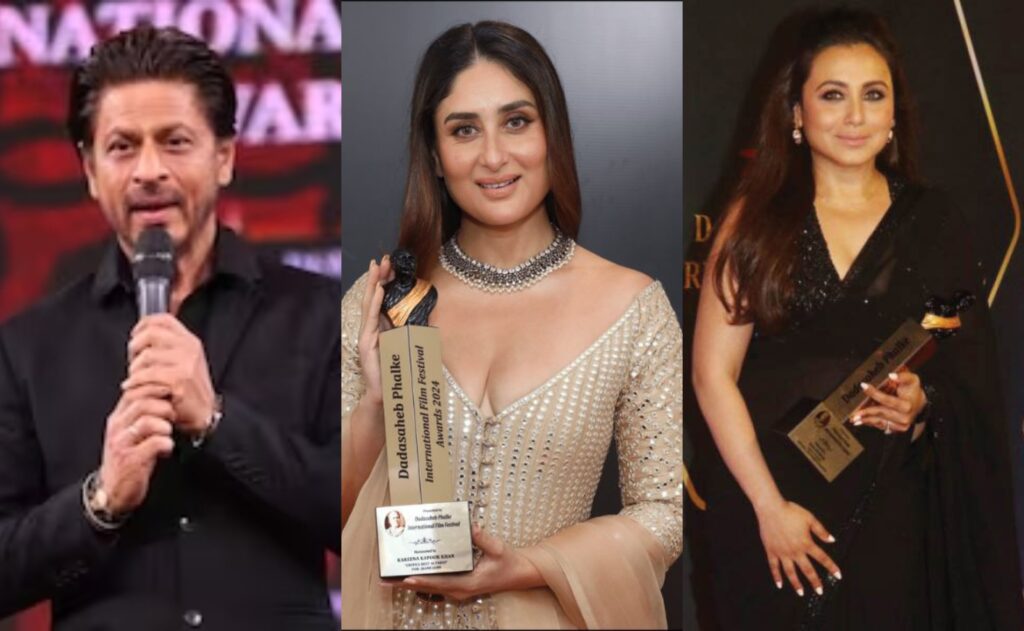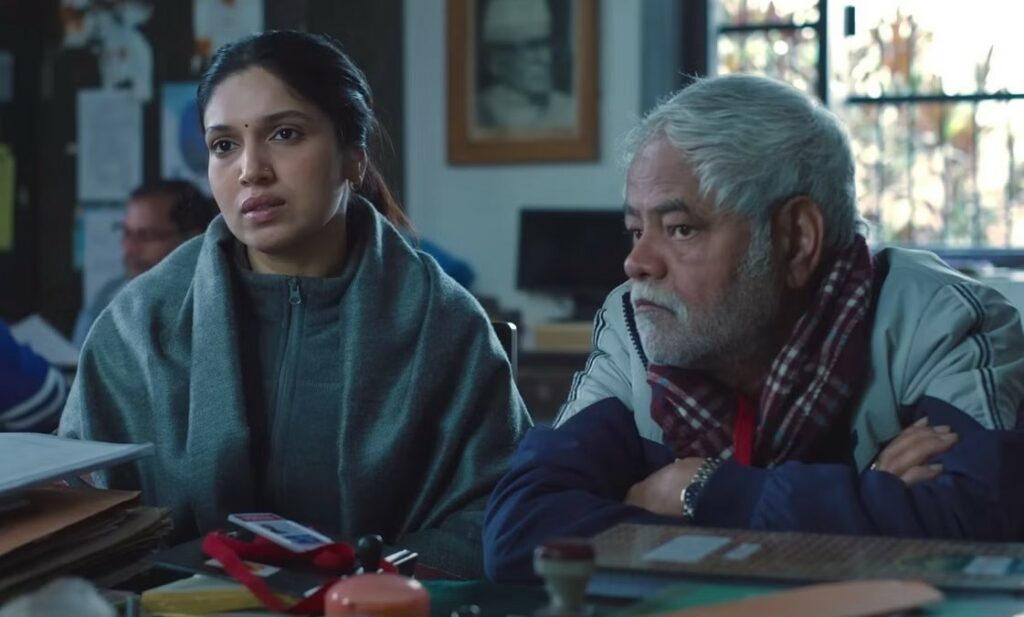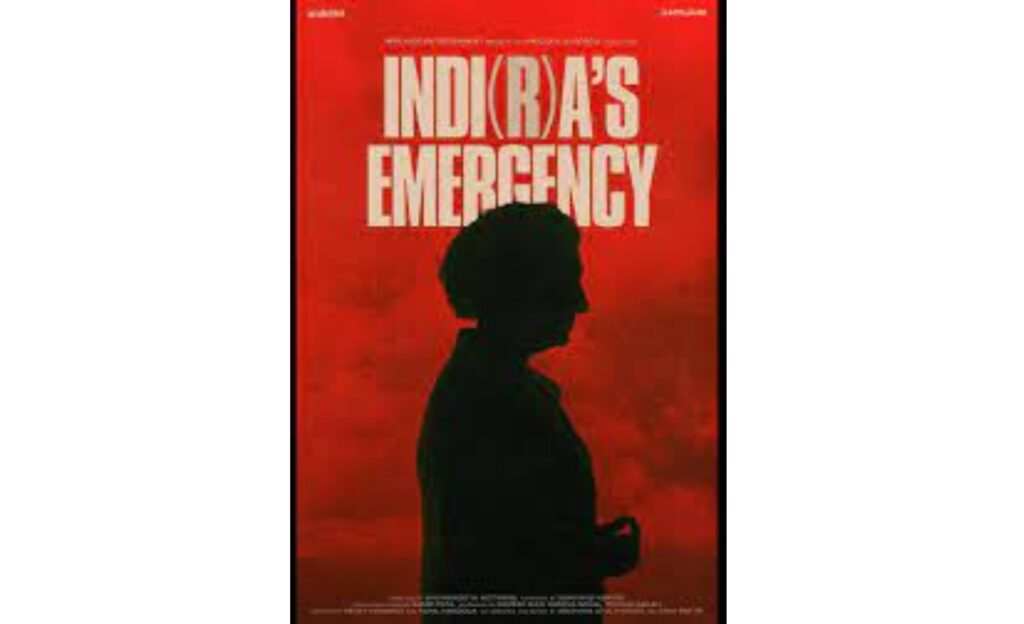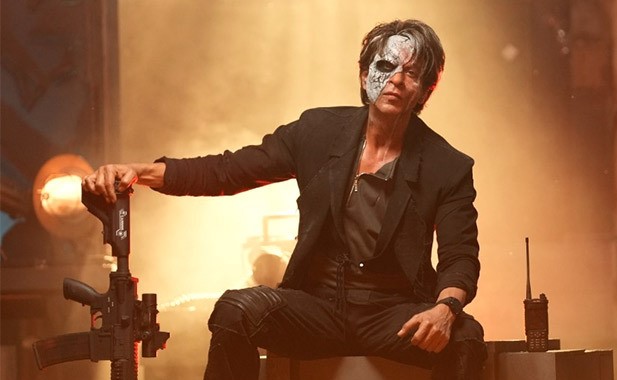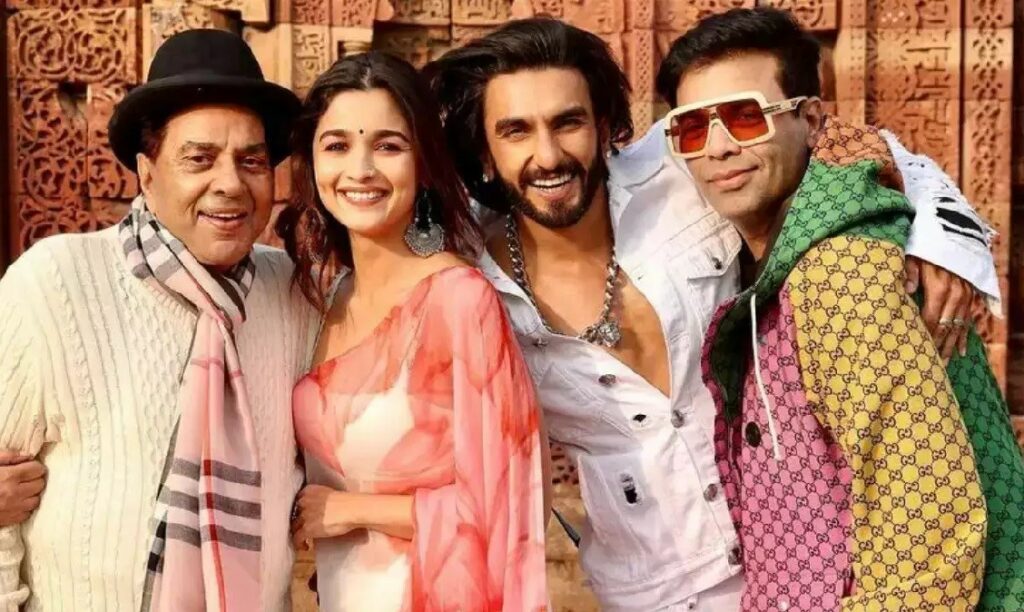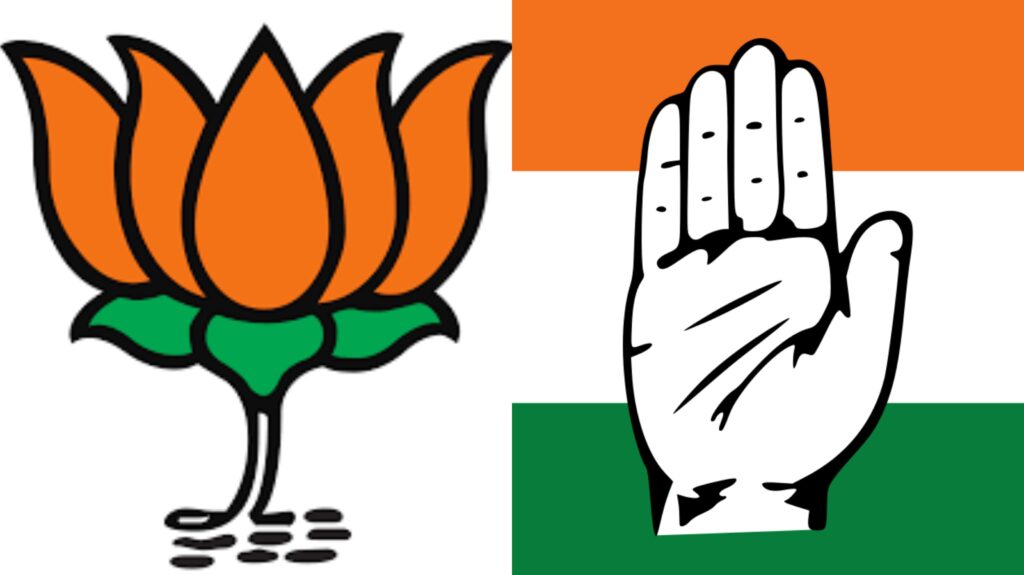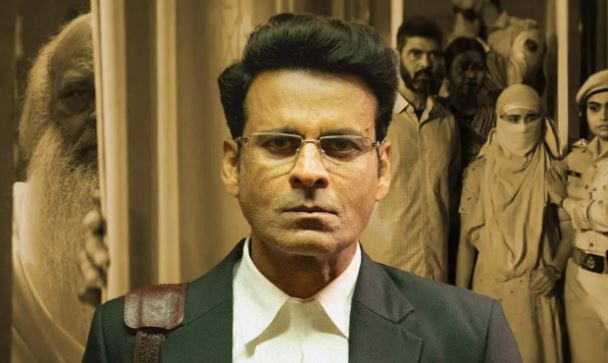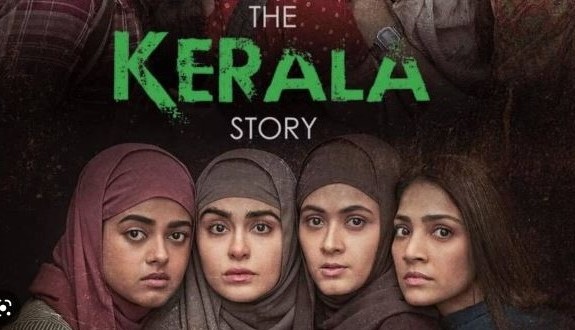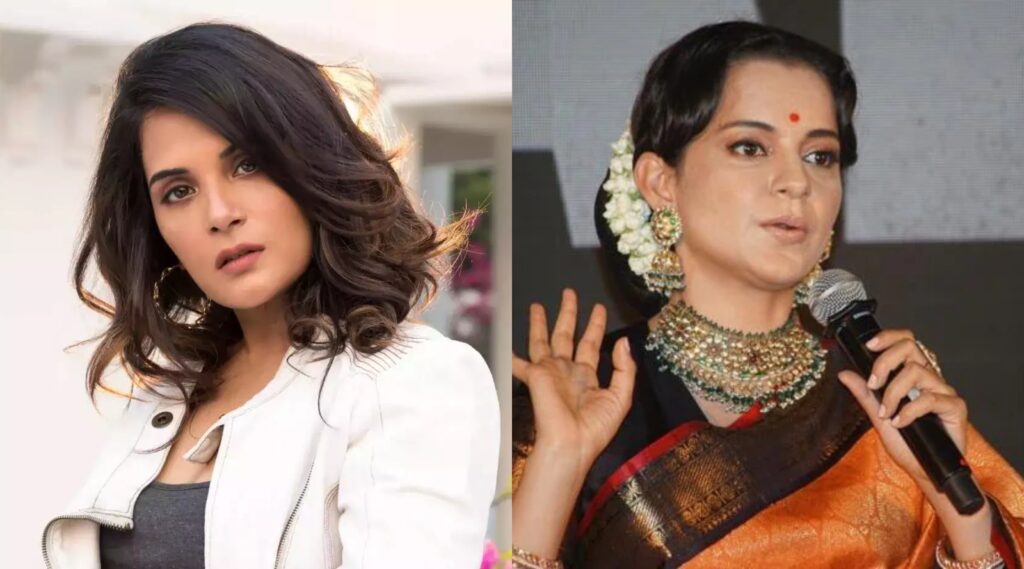The year was 2014, just before the Lok Sabha Polls. Rahul Gandhi gave an interview to the very aggressive Arnab Goswami on Times Now. The decision turned out to be disastrous for him. The anchor started showering one tough question after another to which Rahul had no answers. Well, he did give answers but none of them were even half convincing with some making no sense. Plus, his nervousness was clearly visible.
This happened at a time when Rahul had already started being a subject of jokes. This interview made it worse. Not only the people of India but also the IT cell of the current ruling party started making jokes and memes on him. Honestly, I was also one of those who laughed at the memes and snippet videos from the interview and felt he is not at all cut out for politics. Then the inevitable happened when the result of the 2014 General Elections was out. The Congress had a record defeat and the BJP (Bharatiya Janata Party) got a thumping majority.
With the BJP winning so handsomely, I felt that the topic of Rahul Gandhi will be down and dusted as I firmly believed that he was a closed chapter. However, he was continued to being ridiculed on social media and What’s App. There were a lot of instances during his speeches and interviews where he said unintentionally funny stuff, which made things worse for him. Snippets from these also started making rounds.
It seemed that Rahul gained some confidence before the 2019 Lok Sabha Polls but he was still not being taken seriously. This was seen in the result of the polls in which BJP secured an even bigger victory than 2014. I, along with many others, was more than convinced that Rahul’s political career is over and that he is getting importance in the Congress camp only because of nepotism.
But Rahul somehow didn’t give up. He gave some fiery speeches during the anti-NRC and anti-CAA movement. Later in 2022, his confidence during his Bharat Jodo Yatra was impossible to not get noticed. The nervous and fumbling politician gave rise to a confident and determined leader. Very few would have expected this after his aforementioned 2014 interview.
Rahul’s confidence and fearlessness went even higher during the campaign for the 2024 Lok Sabha Polls. He was now a new and refined leader. His attacks on the government appeared convincing instead of forced. This influenced the final outcome of the polls where the INDIA alliance won as many as 232 seats and NDA were down from 353 in 2019 to 293.
The result has further indicated that one has to take Rahul Gandhi seriously and his journey in politics is far from over.
His rise is more than noteworthy simply by taking into account the psychological effect of such extreme national bullying can have. Many of us get mentally affected even if we receive 5 negative comments or face some bullying on social media. But this man was a target of the entire IT cell machinery and crores of ruling party supporters for around a decade. He was targeted not just from a political point of view but was subjected to plenty of personal attacks and even insults.
This can have extremely negative psychological effect on anyone. Just imagine your very existence being a butt of jokes for crores of people. Anyone else would have given up politics and taken retirement. But somehow, Rahul decided to keep going and reached as far as spoiling the mood of the ruling party in the recently-concluded 2024 General Elections. He ensured that those who were dreaming of ‘400 paar’ could not even touch 300 seats.
The other thing that has quietly happened in the last few years is that the IT Cell and the supporters of the ruling party have stopped circulating Rahul’s unintentionally funny moments. This can also be because their Supreme Leader has given even more of such moments and that too in controlled interviews and scripted speeches.
All this has also ensured that the nickname of ‘Pappu’ is no longer being associated with Rahul.
I am not a fan of any politician, including Rahul Gandhi. But it is impossible to not notice his rise purely from a psychological point of view.
Also read: Indi(r)a’s Emergency review: Shows the period’s relevance today
